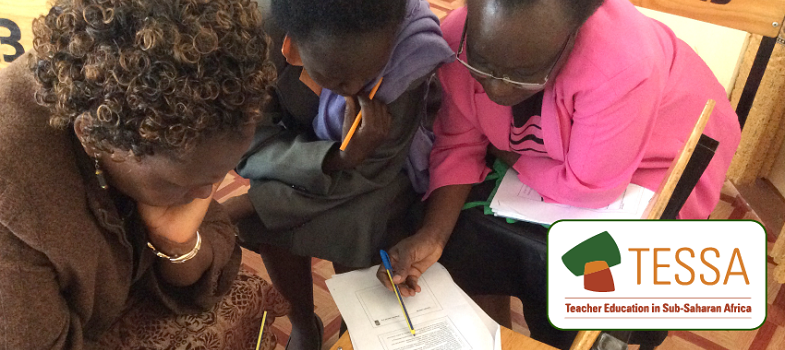3. Celebrating success
Read Resource 1: Celebrations.
When you provide positive support to your pupils, you help them celebrate their achievements. This can include:
- recognition of their success and achievements;
- recognition of their skills and talents.
Pupils respond well to positive support. When you celebrate their achievements you provide them with:
- encouragement;
- motivation to achieve more;
- improved self-esteem and confidence.
A celebration does not have to be a big event. Just saying ‘Well done!’ to a pupil is a small celebration and provides the positive support described above.
You can also celebrate as a class or school.
This part looks at ways to help celebrate skills and talents. These might not be academic skills and talents but things that the pupils are very good at or enjoy doing outside of school.
In celebrating these, you are showing that the school:
- recognises the range of abilities that your pupils have;
- supports the pupils in other aspects of their lives.
This will encourage your pupils to feel that school is a place where they are admired and respected in many different ways.
Case Study 3: Planning a performance for assembly
Mrs Quartey had noticed that, during break time, many of the children played games that involved singing and dancing. She thought she could use this in her teaching. She asked the headteacher if her class could prepare a performance for assembly. The pupils were very excited. To plan, she used the following steps:
- She discussed with the class what they wanted the performance to be about.
- In groups, they discussed what different things they would include in the performance in the 15 minutes allocated.
- As a class, they chose to do an assembly about sharing and prepared a presentation, a short play and a song and dance. It was important to choose things that involved as many pupils as possible.
- Some children did not want to perform but Mrs Quartey was able to involve them in making costumes or acting as prompts.
- As they prepared their activities, Mrs Quartey checked that everybody was clear about their part. Individuals didn’t have to speak in public unless they wanted to.
They performed to the whole school. It was very colourful and everybody liked it. The head teacher decided to make this a regular event, with classes taking turns to perform for the school or demonstrate what they had learned. It was a good way to develop pupils’ confidence and self-esteem.
See Key Resource: Using role play/dialogue/drama in the classroom [Tip: hold Ctrl and click a link to open it in a new tab. (Hide tip)] for more ideas.
Key Activity: Planning a celebration
To help your pupils plan a celebration you need to explore various aspects with them first.
- Ask them, in groups, to name the different occasions they celebrate. Ask them to list different celebration activities. See Resource 2: Ghanaian celebrations for some ideas or to discuss further how they celebrate these events.
- Together with the pupils, identify an occasion to celebrate at school.
- Ask them to plan for the occasion – activities, plays, songs etc. Make sure everyone is involved in some way, even if they are not actually performing. Help them to rehearse.
- When the class is ready, perform the celebration for another class or the whole school. You could invite parents and the local community.
- The next day, ask the pupils to write a description of everything they did to prepare for the celebration. Ask them to identify what new skills they learned. Ask them what they would like to celebrate next.
Was it successful?
How do you know this?
How did the pupils respond?
2. Ensuring spiritual well-being



